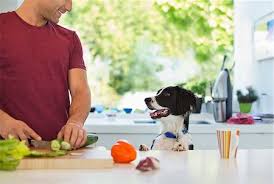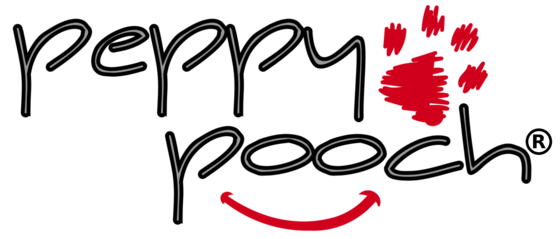14 Natural Foods That Are Bad For Your Dog

While we all love seeing our pup chowing down on a tasty snack, some foods may not actually be as good for them as we think! This list will shed some light on what foods really aren’t good snacks for our canine friends.
1. Onions and Garlic: Onions, chives, and garlic should never be given to a dog or cat for that matter. They contain disulfides and sulfoxides, which cause anemia and damage red blood cells. The effects can take a few days to appear, during which time your dog will be very tired, lethargic and weak. A blood transfusion could be required to bring your pup back to normal.
2. Macadamia Nuts: Macadamia nuts contain a toxin that seriously weakens dogs. They can cause swollen limbs, tremors, muscle damage, and prevent dogs from being able to walk properly. They also cause vomiting, hyperthermia and can permanently damage your dog’s digestive and nervous system. The effects can be increased if eaten with chocolate. Avoid macadamia nuts at all costs!
3. Grapes and Raisins: We don’t yet know what chemical it is in grapes and raisins which make them so bad for dogs, but don’t doubt how dangerous they can be. Eating grapes and raisins can easily make your dog sick, with constant vomiting. They can also cause kidney failure. Definitely look for a different snack for your dog!
4. Avocados: Avocado leaves, pits, bark, and fruit contain a chemical called persin, which, while harmless for most people, is toxic to dogs. It can cause upset stomachs, which lead to diarrhea and vomiting, as well as breathing difficulty. The pit of the fruit can also be accidentally swallowed, which can block the digestive tract.
5. Apple Cores and Seeds, Persimmons, Peaches, and Plums: The casings of the seeds of these fruits contain a chemical, which, when digested, releases cyanide. This is only an issue if the seeds are eaten in a large amount and are chewed, but it is best to be safe and remove the core or pit of an apple, peach or plum before giving it to your dog, as the seeds or pit can also block parts of the digestive tract.
6. Corn on the Cob: While the corn itself is not dangerous to your dog, the cob will get lodged in the small intestine, and will have to be removed surgically. In addition, eating too much corn can upset a dog’s digestive tract.
7. Liver: Liver is good in small amounts, but it contains a lot of Vitamin A, which can have negative effects over time if too much is taken in.
8. Mushrooms: Just as the wrong mushroom can be fatal to humans, the same applies to dogs. It’s best to play it safe, avoid mushrooms at all costs!
9. Rhubarb and Tomato Leaves: These contain oxalates, which have a negative impact on the digestive, nervous and urinary systems.
10. Salt: Eating too much salt can make a dog very thirsty, and having very large amounts can cause sodium ion poisoning. It can cause vomiting, diarrhea, an elevated body temperature, seizures, and even death. Try to avoid feeding your dog salt-heavy human foods.
11. Raw Eggs, Meat, and Fish: Raw meat, eggs, and fish can all contain harmful bacteria that cause food poisoning. Some fish like salmon, trout, shad or sturgeon can also contain parasites which cause ‘salmon poisoning disease”. It is always best to fully cook any meat before giving it to your dog!
12. Almonds: Almonds aren’t toxic to dogs, however, they can block or even tear the windpipe if they aren’t chewed properly, which, if your dog loves treats, isn’t impossible.
13. Cinnamon: Cinnamon can cause irritation to the inside of a dog’s mouth, making them uncomfortable, and possibly even sick. It can cause vomiting, diarrhea, and even liver disease. If inhaled, it can cause difficulty breathing, and even cause your dog to choke. Keep this spice in the kitchen!
14. Ham: Ham, while not bad for your dog, is high in sodium and fats. It can be given occasionally as a treat, but shouldn’t be given regularly.
While you may have expected some foods to be on this list, there may have been others which surprised you. Always take special care when giving food to your dog, and if you are unsure about something, check with your local vet. It’s better to be safe when dealing with your dog and to only feed them safe and healthy snacks!
Also, check out 14 Man Made Foods That Can Be Bad News For Your Dog.







